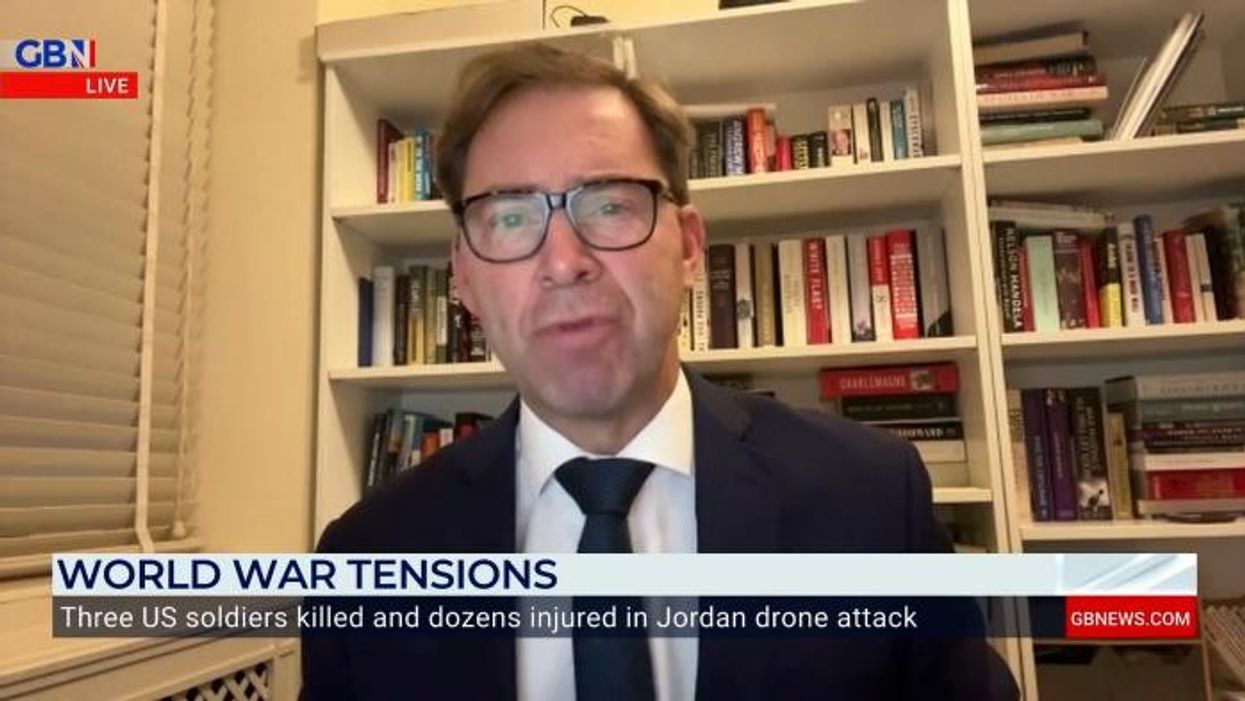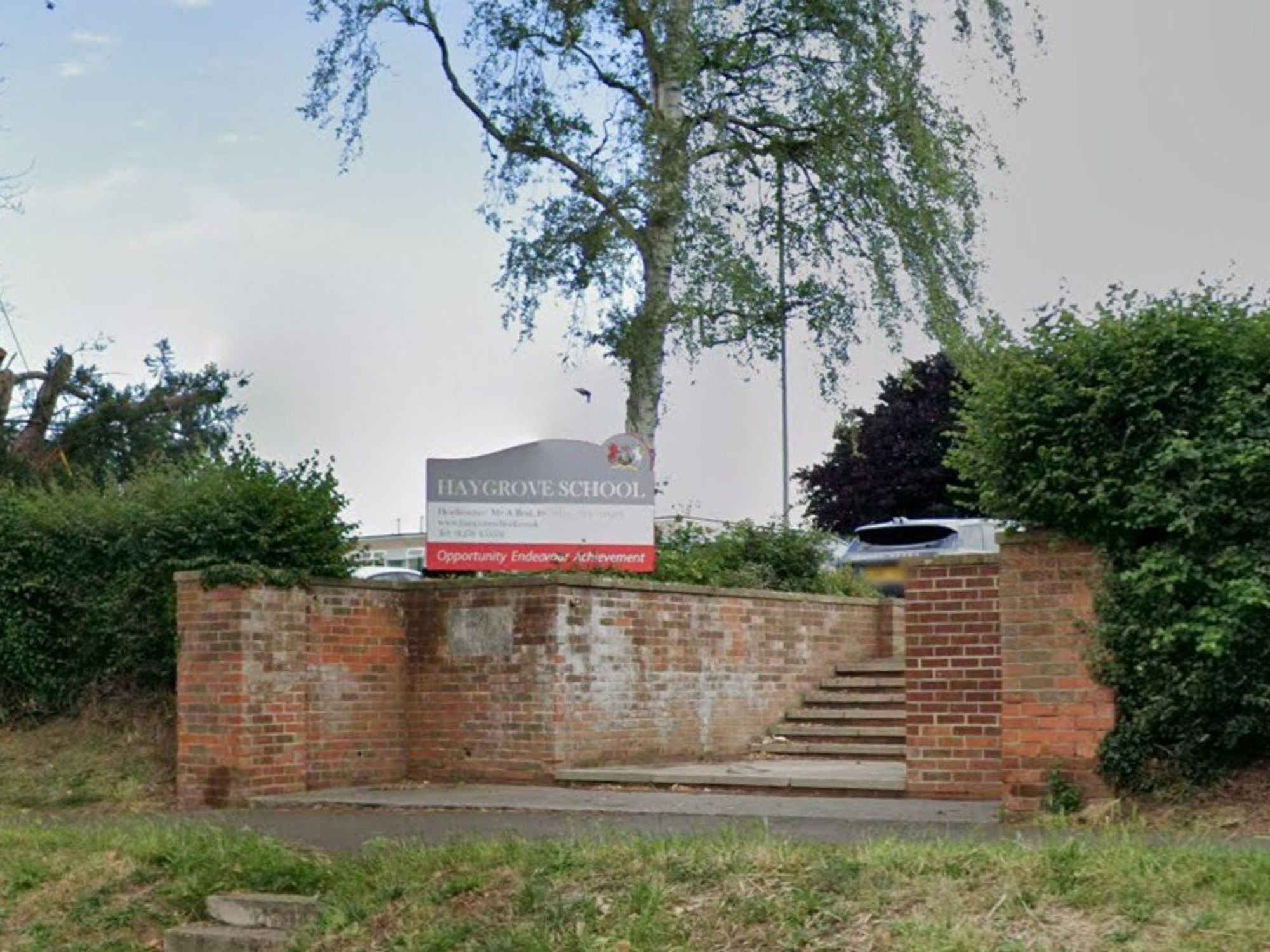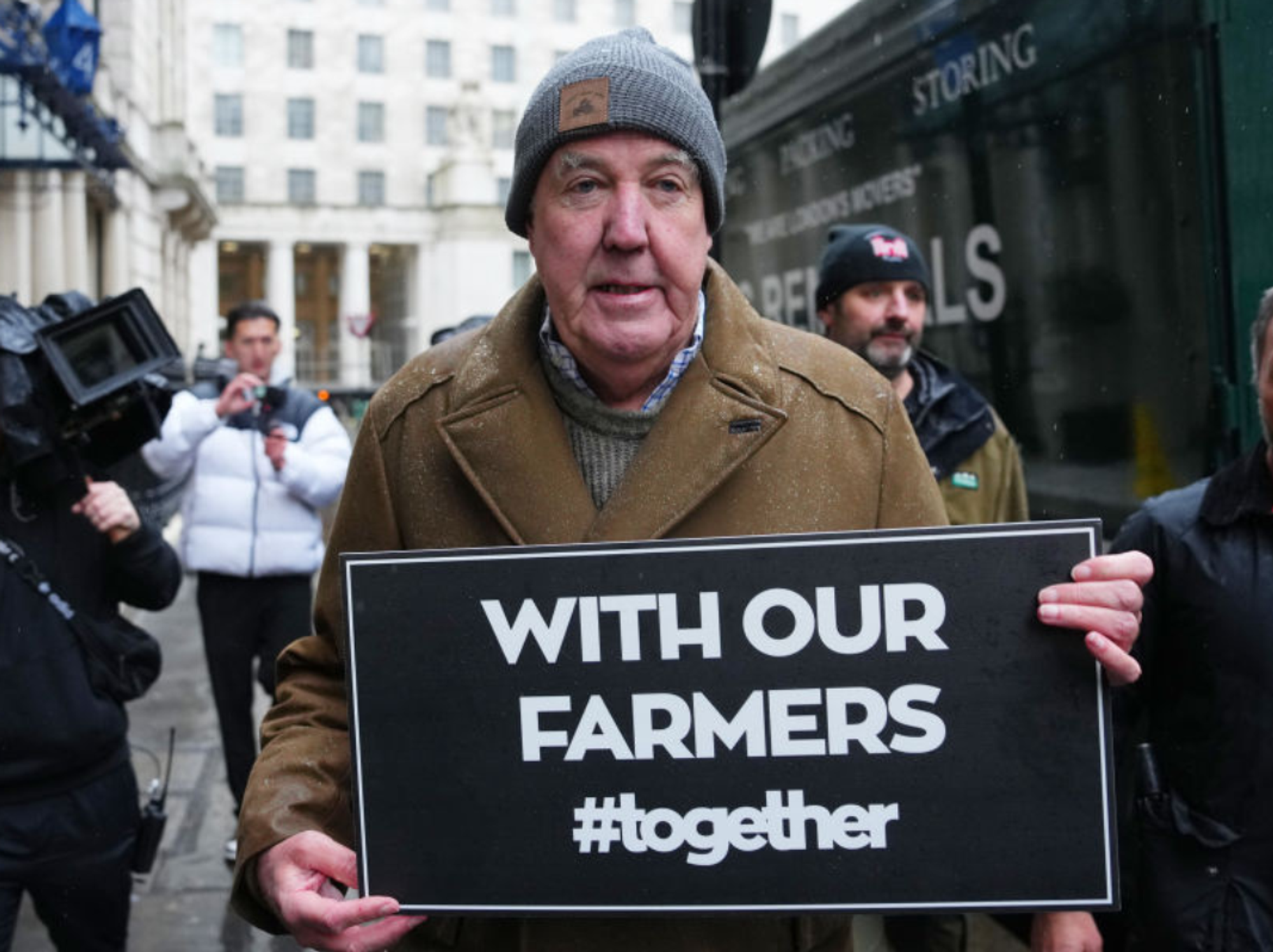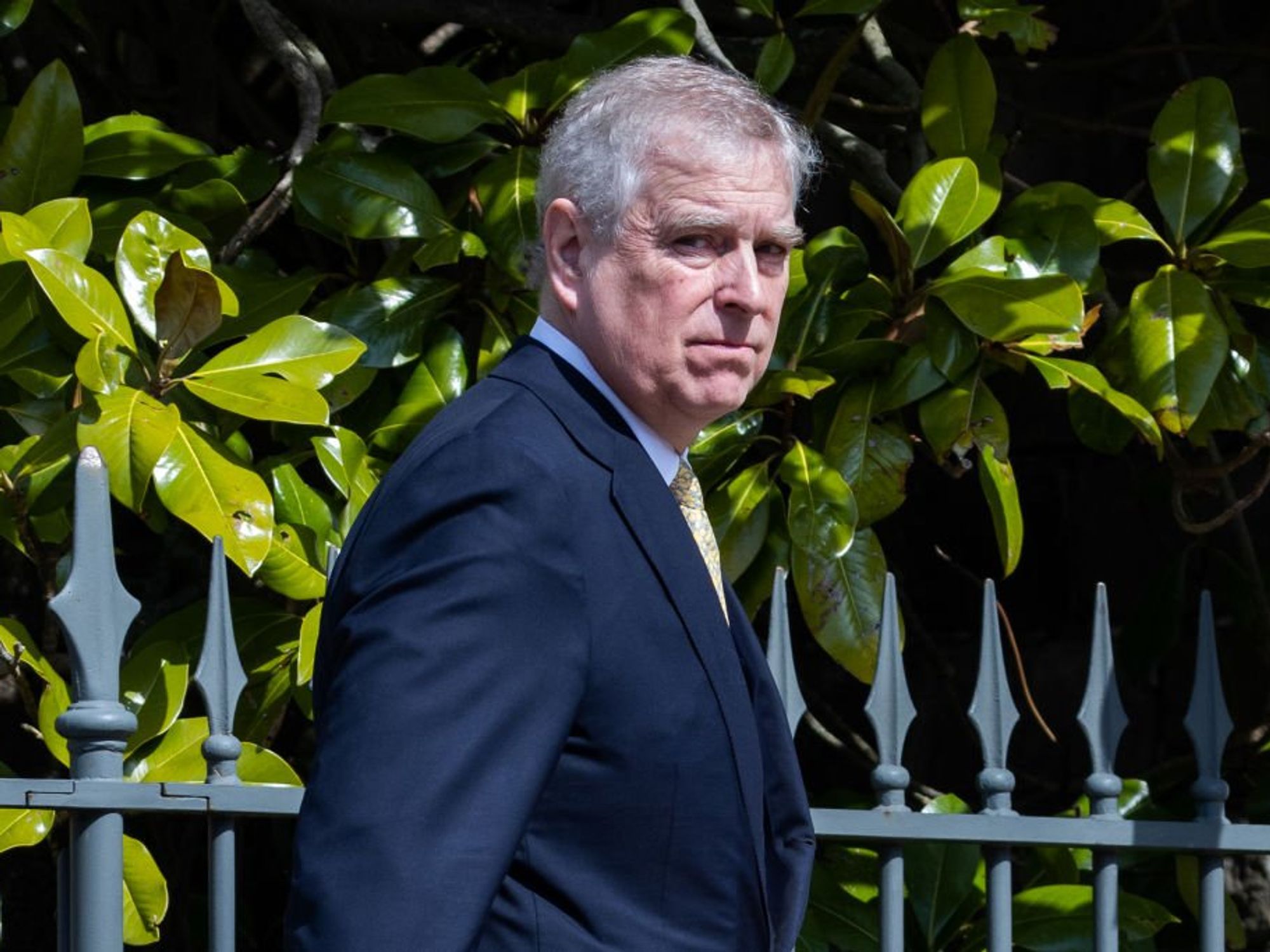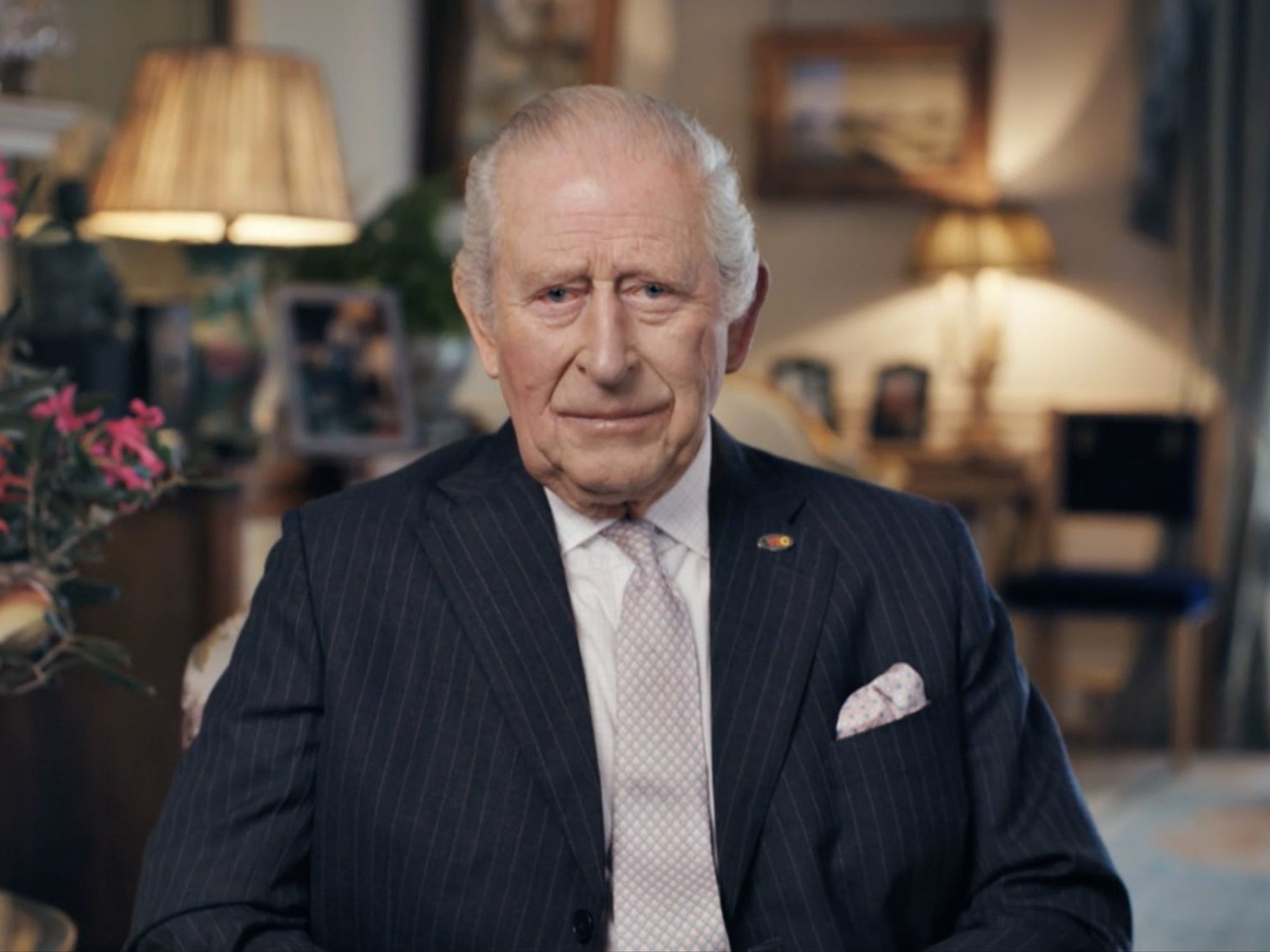Britain 'will have enough weapons' for World War III insists top minister as spending reaches £50bn

Gillian Keegan has spoken out against a recent report by MPs who said the UK is not strong enough to enter a prolonged war
Don't Miss
Most Read
Britain’s armed forces are well-funded and they “will have enough weapons” for a potential war, a top Tory minister has stated.
Gillian Keegan insisted that the UK has nothing to fear after a new report from the Commons Defence Select Committee said that Britain is too weak to fight Russia.
They said that the military is “consistently overstretched”, leading to capability and stockpile shortages, as well as a recruitment crisis.
“The Government risks being unable to build true warfighting and strategic readiness because of the sheer pace of operations, which could threaten the security of the UK,” the report said.
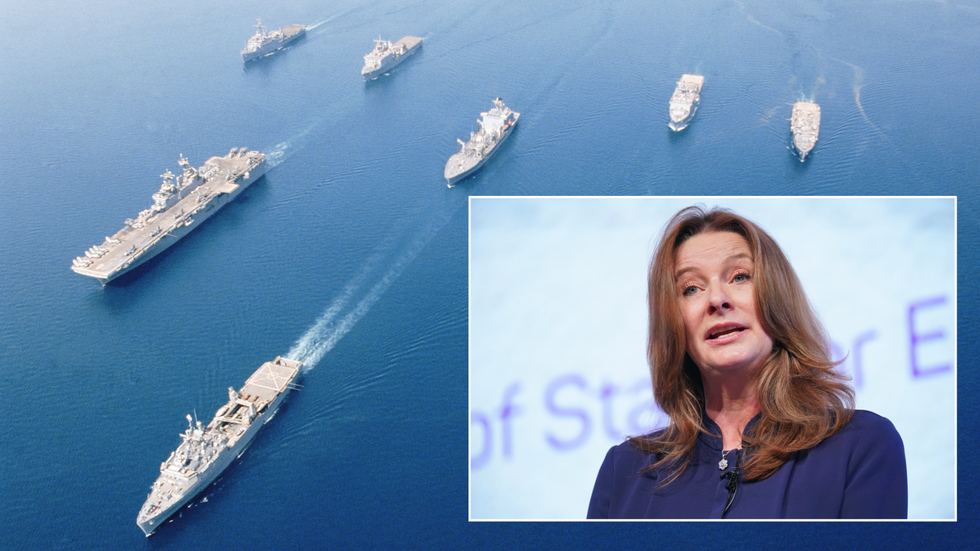
Gillian Keegan has spoken out against a recent report from the Commons Defence Select Committee which said that Britain is 'too weak' to fight Russia
|Getty/PA
The MPs urged ministers to ensure that troops are fully prepared and given appropriate training time and adequate resources before they are in a position where they could enter a high-intensity war.
However, the Education Secretary has reassured Britons that they need not panic, stating that the military is “ready”.
Speaking on Sky News, she said: “We're spending more than £50billion on defence - that is to ensure we have the operational capabilities, whether that's to conduct NATO missions or to help Ukraine; whether it's to conduct some missions that are now taking place in the Red Sea”.
She continued: “We have that operational capability at all times so that we're ready to be there.
LATEST DEVELOPMENTS:

Education Secretary Gillian Keegan said that the military is "ready", contrary to the report
| Getty“Our armed forces are ready to be there to conduct whatever it is that is required, and they've shown time and time again how well they do and what a vital part of global order they play.”
There has been growing speculation about the possibility of a global conflict, with Defence Secretary Grant Shapps warning the world was "'moving from a post-war to pre-war world".
Last week, Lord William Hague stated that the UK must reinstate national service ahead of a potential crisis.
The former Foreign Secretary, who also served as Leader of the Opposition from 1997 to 2001, suggested Britain could emulate Norway's National Service scheme, which sees one in five 18-year-olds having to serve in the armed forces for a year or longer.
Writing in The Times, Lord Hague claimed citizenship “is not a travel document” but comes with other obligations to one's country.
He added: “The blunt truth is that the chances of getting through the next couple of decades without a dangerous world crisis are small.”
Conscription was introduced during the First World War under the Military Service Act of 1916.
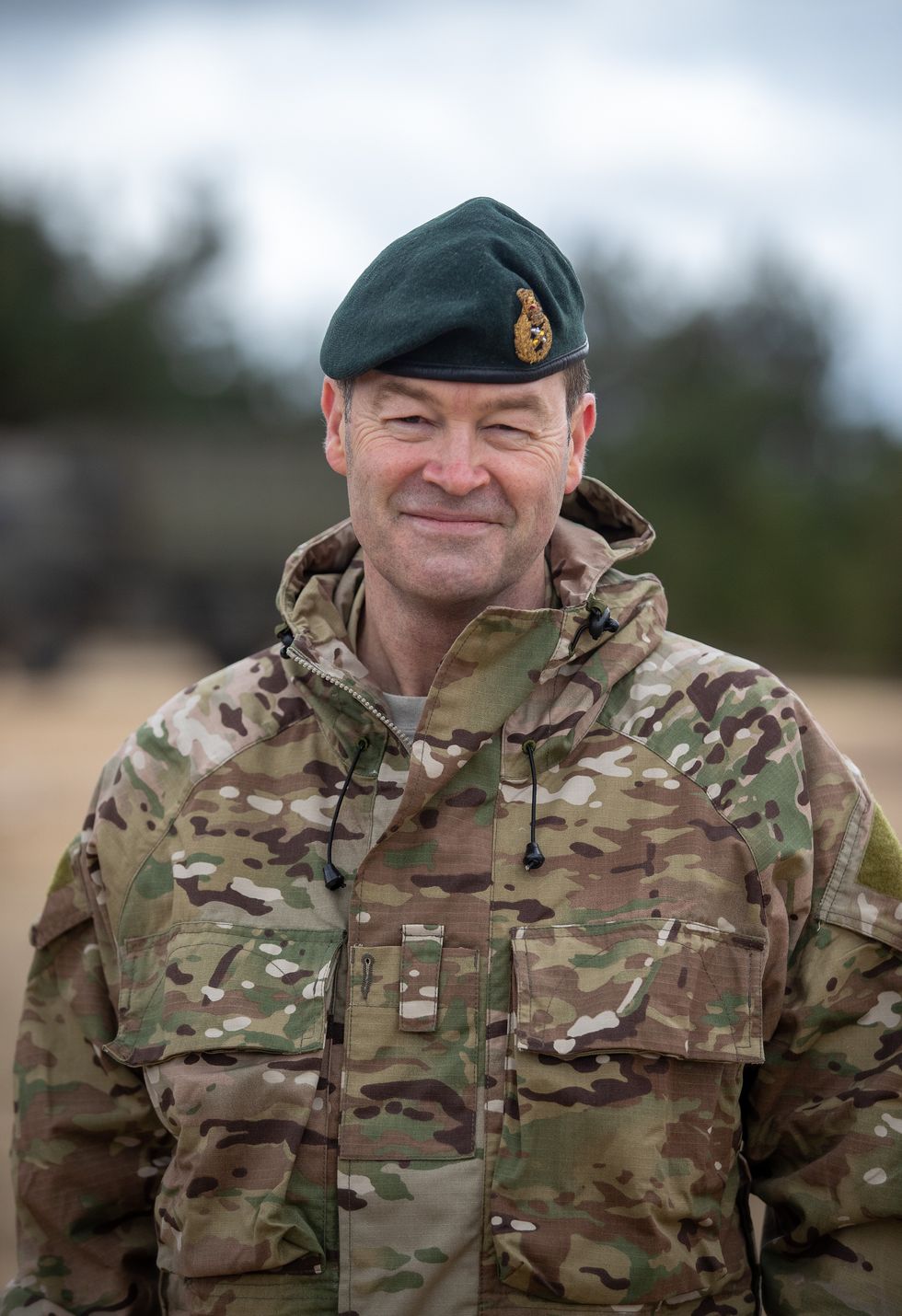 General Sir Patrick Sanders has said that Britain should brace itself to fight a war in the future | PA
General Sir Patrick Sanders has said that Britain should brace itself to fight a war in the future | PAIt was reinstated under the National Service (Armed Forces) Act during the Second World War, requiring all fighting-age men between 18 and 41 to sign up.
A new National Service Act was passed after the war ended which required men aged 17 to 21 to serve in the armed forces for 18 months and to remain on the reserve list for several years. The last servicemen enlisted through National Service were demobilised in 1963.
Conscientious objectors would face a tribunal if they refused National Service.
Last month, General Sir Patrick Sanders suggested that civilians should be trained to form a “citizen army” ready to fight a war in the future.
Sanders also critiqued the army’s lack of funding and its inability to modernise.
Within three years, the UK should have a larger army of 120,000, which would be comprised of regular soldiers and reserves, Sanders advised.
The Army currently stands at around 73,000 troops, compared to over 100,000 in 2010.
Despite the general’s suggestion, Downing Street insisted there were no plans for conscription.


